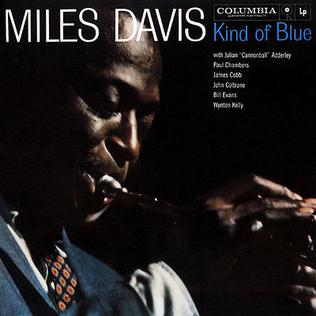
Kind of Blue is the thirty-third studio album by American jazz musician, trumpeter, composer, and bandleader Miles Davis. It was recorded on March 2 and April 22, 1959, at Columbia's 30th Street Studio in New York City, and released on August 17 of that same year by Columbia Records. For the recording, Davis led a sextet featuring saxophonists John Coltrane and Julian "Cannonball" Adderley, pianist Bill Evans, bassist Paul Chambers, and drummer Jimmy Cobb, with new band pianist Wynton Kelly appearing on one track – "Freddie Freeloader" – in place of Evans.

Easy Walker is an album by jazz saxophonist Stanley Turrentine recorded for the Blue Note label in 1966 and performed by Turrentine with McCoy Tyner, Bob Cranshaw and Mickey Roker. One additional track from an unreleased session arranged by Duke Pearson was added to the original CD release and another four bonus tracks recorded in 1969 and originally released on Ain't No Way were added to the 1997 CD reissue.

How Insensitive is the fourteenth album by American pianist and arranger Duke Pearson featuring performances by Pearson's band augmented by a choir, recorded over three sessions in 1969 and released on the Blue Note label.
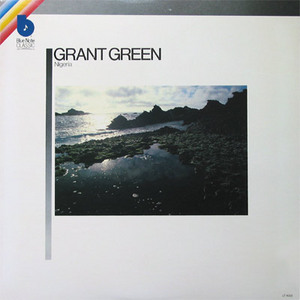
Nigeria is an album by American jazz guitarist Grant Green featuring performances recorded for the Blue Note label on January 13, 1962 but not released until 1980. Pianist Sonny Clark and bassist Sam Jones return from Green’s previous session, Gooden's Corner, and are joined by legendary drummer, Art Blakey. The tracks were also released in 1997 as part of The Complete Quartets with Sonny Clark.

Back to the Tracks is a hard bop album by tenor saxophonist Tina Brooks recorded in 1960 and released posthumously. The album was originally intended as BLP 4052, but, for some reason, it was shelved at the time. A song recorded during the session, "David the King", was rejected since it "never made it to releasable quality". The composition was later re-recorded for Brooks' final Blue Note session, eventually released as The Waiting Game. The tracks first appeared in a Mosaic 12" LP box-set (MR4-106) entitled The Complete Blue Note Recordings of The Tina Brooks Quintets. A Blue Note CD appeared in 1998, then reissued in 2006.
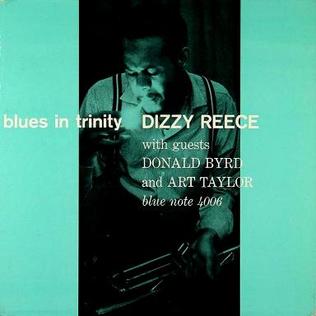
Blues in Trinity is an album by Jamaican-born England-based jazz trumpeter Dizzy Reece, featuring performances recorded in 1958. It was his first album for the Blue Note label.
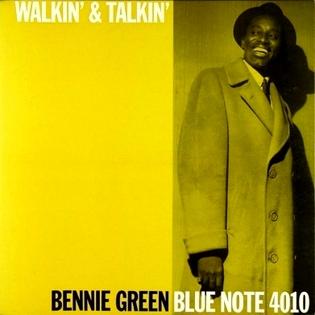
Walkin' & Talkin' is an album by American trombonist Bennie Green, recorded in 1959 and released on the Blue Note label. It was issued on CD only in Japan, in 2004.
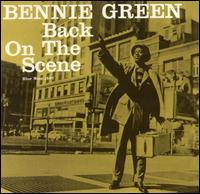
Back on the Scene is an album by American trombonist Bennie Green recorded in 1958 and released on the Blue Note label.

Soul Stirrin' is an album by American trombonist Bennie Green, recorded in 1958 and released on the Blue Note label. In 2003, the album was reissued by Mosaic Records as part of a compilation titled Mosaic Select: Bennie Green.
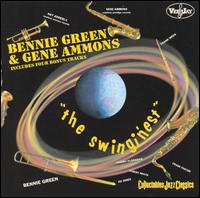
The Swingin'est is an album by American trombonist Bennie Green and saxophonist Gene Ammons recorded in 1958 and released on the Vee-Jay label. The album has also been released under the title Juggin' Around.
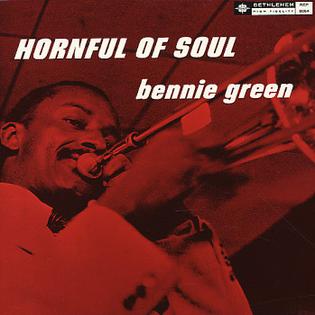
Hornful of Soul is an album by American trombonist Bennie Green recorded in 1960 and released on the Bethlehem label.

Introducing the 3 Sounds is the debut album by jazz group The Three Sounds featuring performances recorded in 1958 and released on the Blue Note label. The CD reissue includes five bonus tracks and one alternate take originally issued in Japan as Introducing the 3 Sounds Volume 2. It was a continuation of the Blue Note 1500 series being numbered 1600. A few other albums were made intended for release as 1601, 1602 etc. but were not released at the time. Blue Note albums resumed with BLP (8)4001, (8)4002 etc. The 8 designating stereo.
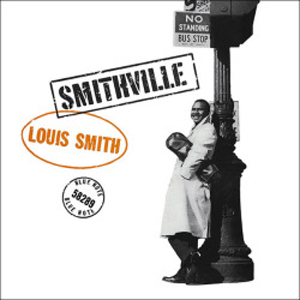
Smithville is the second album by American trumpeter Louis Smith recorded in 1958. It was Smith's final album released by Blue Note label.

The Opener is an album by American trombonist Curtis Fuller, recorded in 1957 and released on the Blue Note label as BLP 1567.

Easy Living is an album by American saxophonist Ike Quebec recorded in 1962, but not released on the Blue Note label until 1987. The album collects all the material recorded in January 1962, five tracks from which were released in 1981 as Congo Lament.

Along Came John is the debut album by American organist John Patton, recorded in 1963 and released on the Blue Note label.
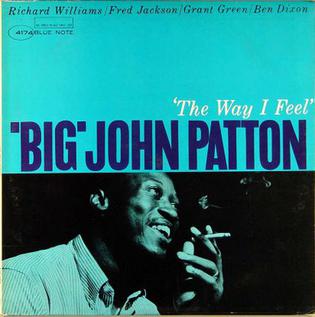
The Way I Feel is an album by American organist John Patton recorded in 1964 and released on the Blue Note label.

Oh Baby! is an album by American organist Big John Patton recorded in 1965 and released on the Blue Note label.
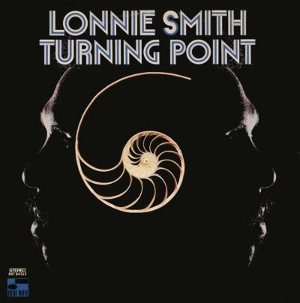
Turning Point is the second album by American organist Lonnie Smith recorded in 1969 and released on the Blue Note label.

Live at the Lighthouse is a live album by jazz group The Three Sounds featuring performances recorded in 1967 at the Lighthouse Club in California and released on the Blue Note label.




















